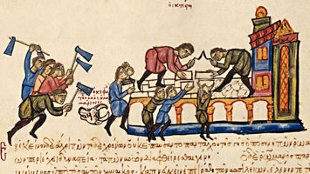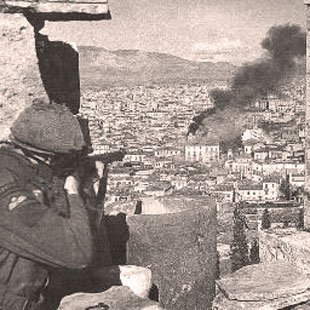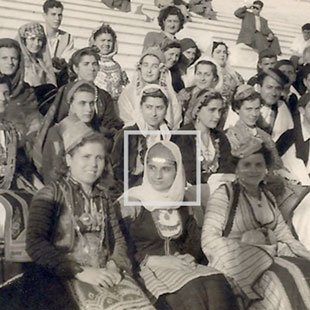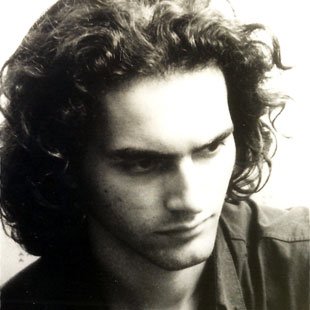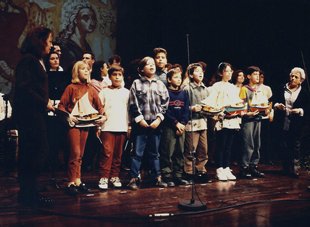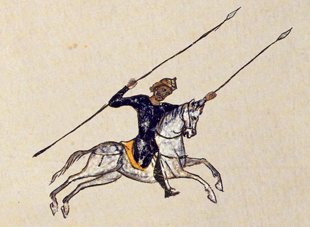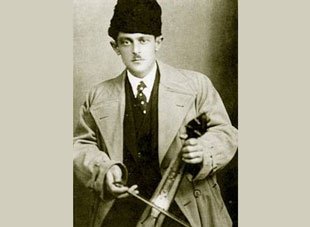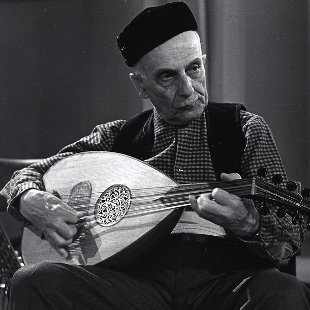You are at: Home page Her Work "Musical Travelogue" Musical Travelogue with Domna Samiou - Western Crete
Musical Travelogue with Domna Samiou - Western Crete
“Musical Travelogue with Domna Samiou” (“Musiko Odiporiko me ti Domna Samiou”) was a television series researched and presented by Domna Samiou and broadcast by the Greek National Television during the 1976-1977 season. Each episode was dedicated to the mu
Music program, Television, ERT, 1977
Text
This episode was filmed in November 1976 in Chania, Crete and specifically in the villages of Tzitzifia, and Kambanos, as well as in the villages of Anopoli and Askifou from the area of Sfakia. It was broadcast in 1977.

In the small village of Tzitzifia, Domna Samiou meets Christos Tsigkounakis, a farmer and a peddler who sings a Mantinada. (improvised couplets which are sung in Crete) and the song of Yannis and the Sun. He also explains the meaning of this song and recounts his experiences as a foreign worker in West Germany during the years 1965 to 67.
I crave sitting on high places
for my heart is sad and I cannot endure it

In Chania, Domna meets the musician Nikos Koliakoudakis or Koliakoudis, originally from the region of Apokoronas, who plays his lute and sings the slow table song Whoever Loves Is Evident. Domna joins him to sing the famous song Black Clothes.
Black clothes are as heavy as chains
For I wore them because of a love I had

In the village of Kambanos a group of men sitting around the table sing Mantinades and Rizitika songs. Rizitika are sung by men and are the oldest type of Cretan folk songs. They originate in areas at the foot (rizes) of mountains. Usually, the first singer sings a verse and it is repeated chorally by the group.

Giorgis Tsirintanis in Anopoli, Sfakia sings the historical Song of Daskaloyannis.

In Askifou, Sfakia a group of men dances the local Pendozali Dance.

In a café in Chania, a group dances the Syrtos Dance of Chania. Ross Daly plays the Cretan lyra and Stelios Sergakis plays the lute.

In the courtyard of a High School in Chania a group of girls dance Siganos and Pentozalis dances. Aspasia Papadaki plays the Cretan lyra. Aspasia is the first woman lyra player in Crete. Domna Samiou had recorded Aspasia in 1965 and included two of her recordings in the album Ethnologie Vivante: Grèce which was released in 1970 in France.
The episode ends with the historical Song of Liapis, sung acapella by Zambia Varda and Yannis Lathiotakis.
Collaborators
- Research and presentation: Domna Samiou
- Director: Fotos Labrinos
- Director of photography: Syrakos Danalis
- Sound engineer: Dimitris Georgiou
See also
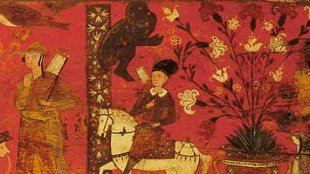
Song
A Maid Bidding Farewell
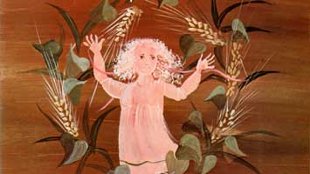
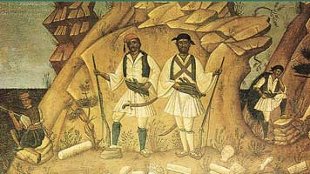
Song
Great Joy Across the Land
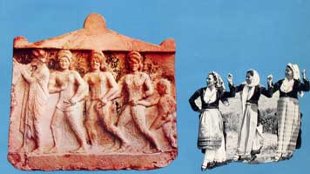
Song
I Dreamed of It
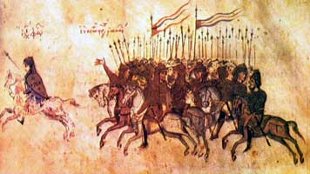
Song
I Saw Some Black Smoke


Song
Mavrianos and the King
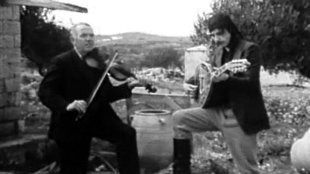
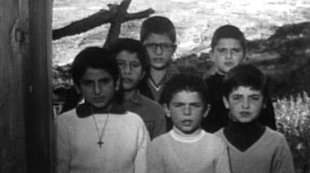
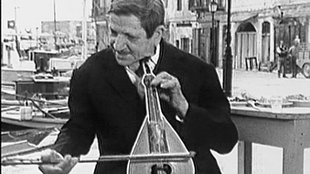
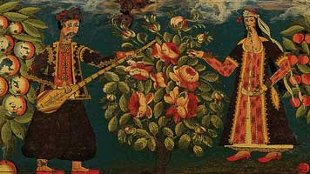
Song
The Dawn of Dawn
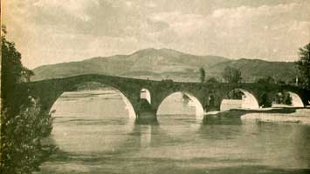
Song
The Eagle (On a Mountain High)
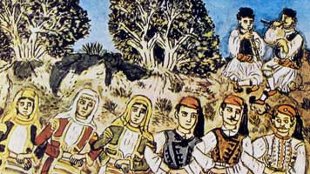
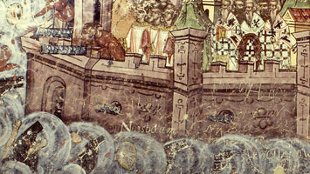
Song
The Swallows of Vlachiá
